The Speciation Genomics Crew
PI
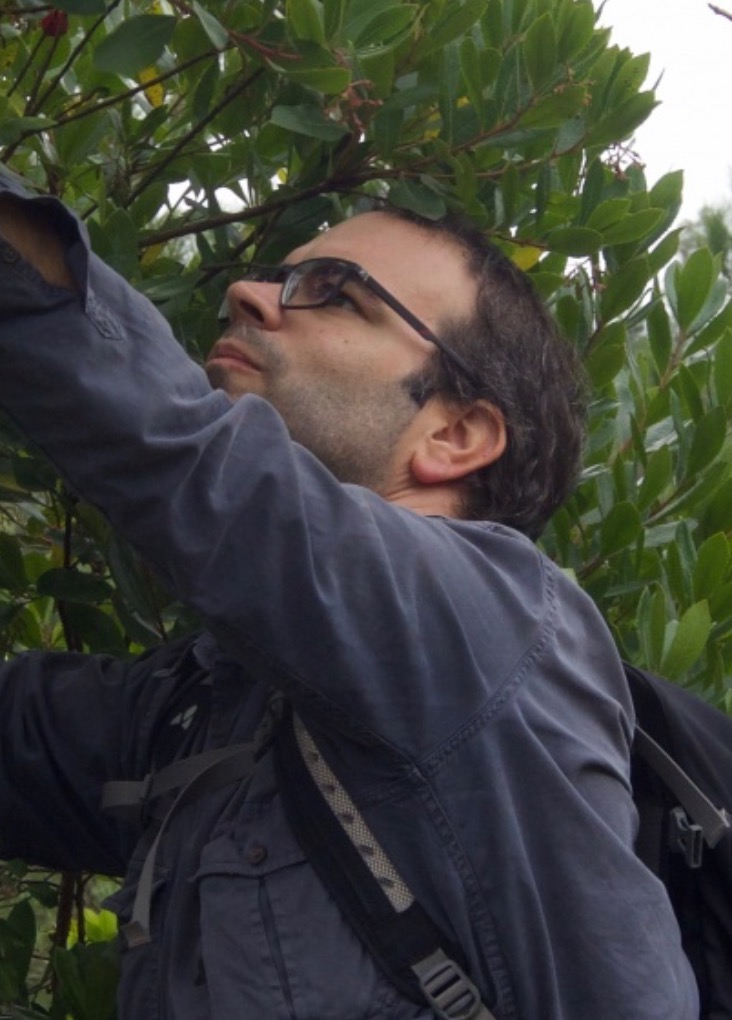
Dr. Bruno Nevado
I received a Ph.D. in Biology from the University of Antwerp (Belgium) in 2011. I conducted my postdoctoral research in the Universitat Autònoma de Barcelona, Spain (2012-2014) and the University of Oxford, UK (2014-2019). I am currently the PI of the Speciation Genomics Research Group of the Center for Ecology, Evolution and Environmental Changes, and Assistant Professor of Evolutionary Biology at the Faculty of Sciences, University of Lisbon.
I am interested in understanding the evolutionary processes shaping rapid evolutionary radiations, such as those occurring in continental lakes, oceanic islands and mountain ranges. During my PhD I studied the iconic adaptive radiations of cichlid fish in the East African Great Lakes; and more recently I studied the evolutionary radiations in the genus Lupinus, and a variety of plant radiations spread throughout the world’s richest biodiversity hotspots. My research combines field sampling and laboratory work with bioinformatics analysis using phylogenetic, population and evolutionary genetics methods, to test hypotheses about the driving forces of rapid diversification. Among other results, I have shown how climatic changes affected patterns of genetic diversity and gene flow between species during rapid diversifications in both lacustrine fish and high elevation plants; how natural selection plays a predominant role during rapid species diversification, even in so-called non-adaptive radiations; and how effective population size may play a central role in determining the frequency of natural selection during rapid diversification.
In addition to my main research line, I regularly collaborate on the analysis of molecular data in a variety of speciation and adaptation-focused projects involving fish, amphibians, insects, gastropods, mammals and plants; and I have developed different bioinformatics tools and approaches to use NGS data in evolutionary research.
Current Team Members

Dr. Varvara Fazalova
Varvara Fazalova received a Ph.D. in Genetics from the Vavilov Institute of General Genetics of the Russian Academy of Sciences in 2013 and is currently volunteering in our Group.
Varvara completed post-doctoral training as a Marie Skłodowska-Curie Research Fellow in the University of Oxford in 2016-2019. Her previous research was focused on speciation and combined analysis of whole-genome resequencing data, mating experiments and numerical individual-based modelling.

Prospective Team Member
We welcome graduate and undergraduate students interested in pursuing a research project in Evolutionary Biology, Genomics and Bioinformatics. Send us an email!
Collaborators
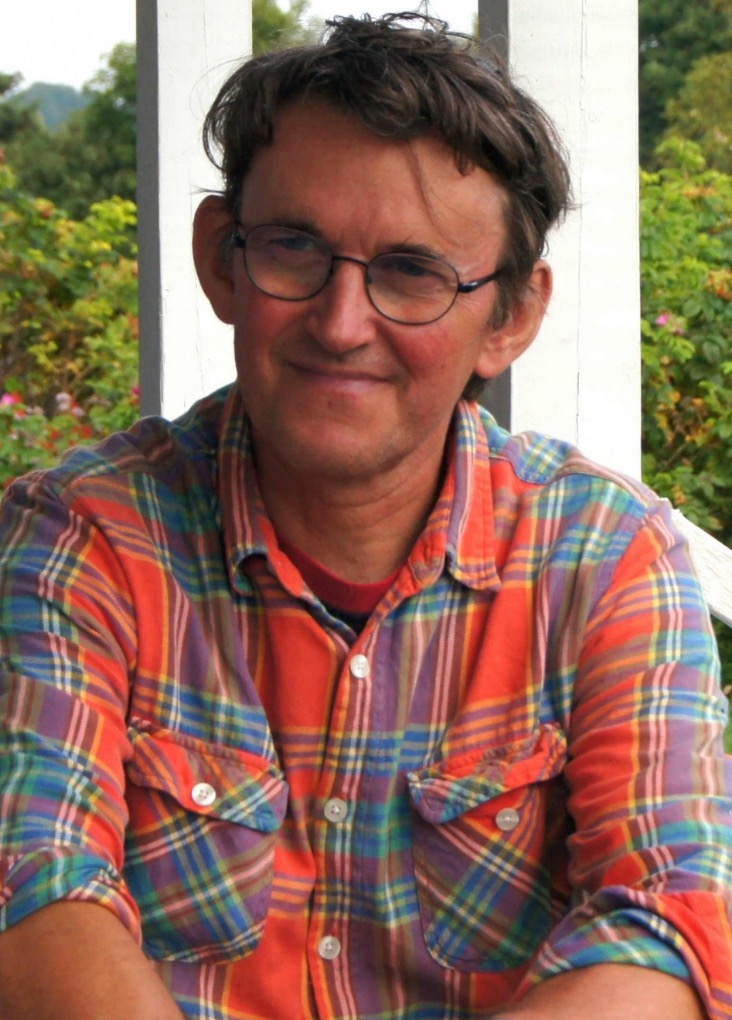
Dr. Colin Hughes
I received a PhD from the University of Oxford in 1996, and I am currently Associate Professor in the University of Zurich.
I am interested in understanding the processes of evolutionary diversification across time and space, and in clarifying why some groups of organisms have more species than others; why some evolutionary lineages diversify more rapidly than others; what are the explanations for these imbalances in the Tree of Life; how does diversification differ between lineages in different biomes; and what can this tell us about historical assembly of biomes?
My work focuses on the legume family, one of the most spectacular examples of evolutionary success in the flowering plants and one of the most economically important groups of plants. Current work focuses especially on mimosoid legumes and the genus Lupinus as models for investigating plant diversification.
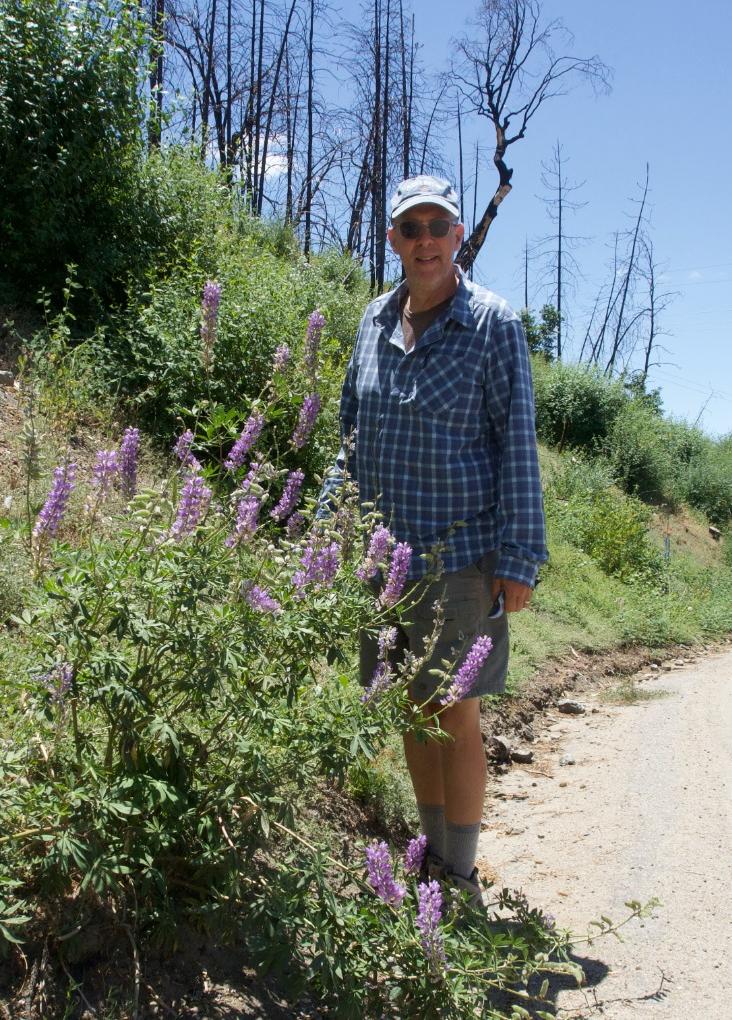
Dr. Gregory A. Wahlert
I received a Ph.D. in Environmental and Plant Biology from Ohio University in 2010, and I am currently the Senior Museum Scientist and Assistant Researcher at the University of California, Santa Barbara.
My research focuses on the taxonomy of several Malagasy groups (Malvaceae, Meliaceae, Polygalaceae), the diversity of Lupinus (Fabaceae) from Western North America, and the systematics of the Violaceae. For the last several years I have led field studies to produce a floristic inventory of the Mesenia-Paramillo Reserve, a botanically unexplored cloud forest from the Cordillera Occidental in the Colombian Andes.
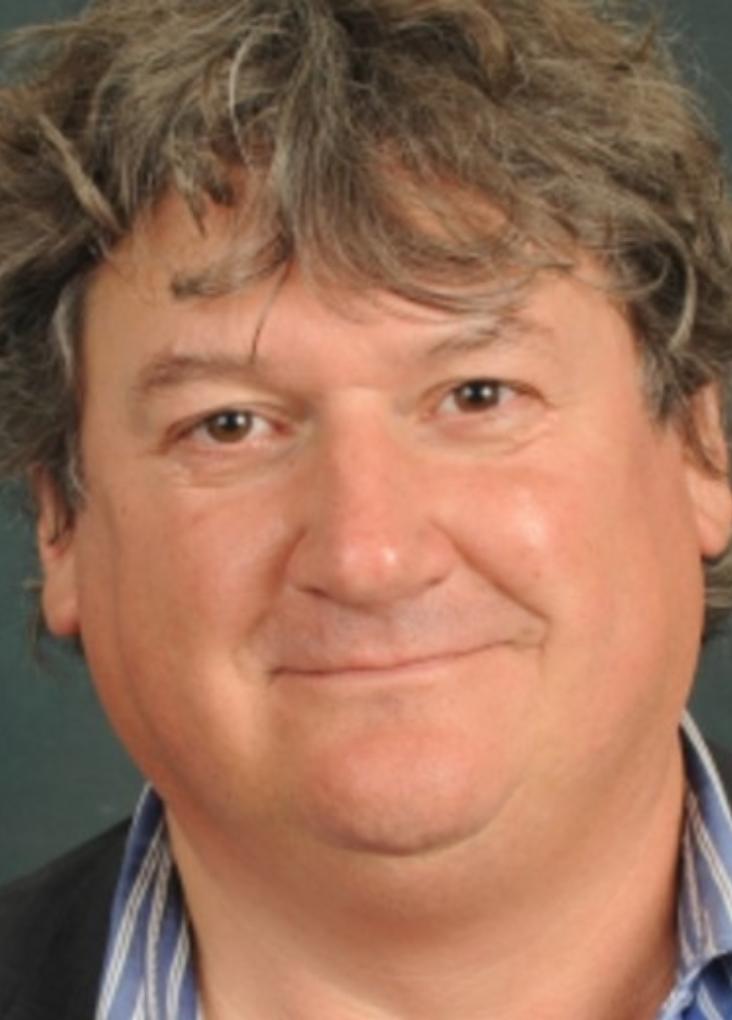
Simon Hiscock
I received a Ph.D. in plant reproductive biology from the University of Oxford in 1992 and I am currently Professor of Botany in the Department of Plant Sciences, University of Oxford; and the Director of the Oxford Botanic Garden & Harcourt Arboretum.
I have been involved in plant evolution and plant reproductive biology research using as model system the genus Senecio (ragworts).
I am Editor in Chief of Plants, People, Planet, Advisor to New Phytologist, Trustee of New Phytologist Foundation, Scientific Secretary of the Linnean Society of London, Scientific Advisor to The Royal Botanic Garden, Edinburgh, and a long serving member of the Natural Environment Research Council (NERC) Core Panel E.
Undergraduate students
Henrique Contente
Henrique did his undergraduate research project with us in 2025, on the evolution of genome size and repeat content in Lupinus and Cichlids, together with Ana Faia.
Former team members
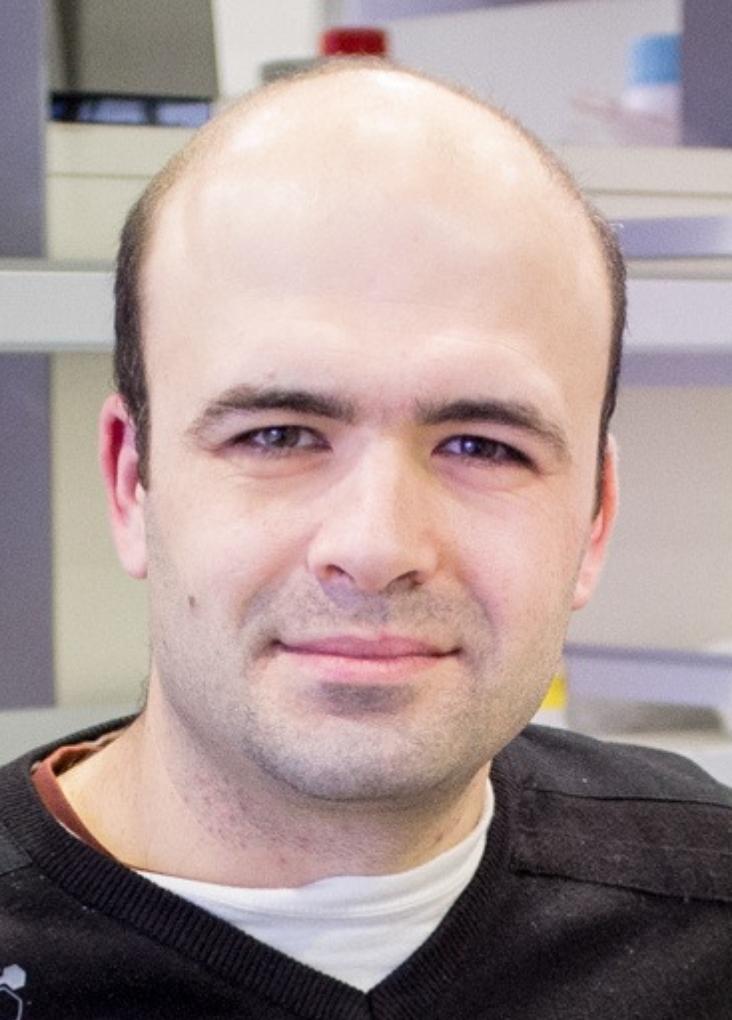
Dr. Ivo Chelo
In the lab 2023-2024
Ivo Chelo was running our C. elegans speciation experiment.
He is now working in the GIMM.

Diana Morais
In the lab 2023-2025
Diana Morais worked on our C. elegans speciation experiment. She is now at the Hospital Santa Maria.

Inês Vieira
In the lab 2023-2025
Inês Vieira did a MSc in Bioinformatics and Computational Biology with us and is now at the FMUL.